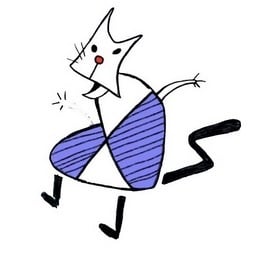

Just bought a great CPO car a week ago, so… I’ve never cleaned it.
But in general, I use steering wheel covers that I change maybe once a year.
I don’t drive that much, only like once a week. My wife also drives it once a week (we share). In the winter, we often wear gloves. So it doesn’t get too grimey.
The subway here is how I commute to work or enjoy nights out. If it’s super late or I’m lazy, an Uber will pick up the slack.


I have a private parking spot off street in a city. I don’t like backing up towards the main road; since it has pedestrians and stuff. It’s a little harder to see.
So I back into the spot. It’s way easier than backing out - and pulling out is even easier. 
My work parking garage is already really tight. It’s another situation where backing in is easier than backing out - and driving forward our is even easier. So just some planning.